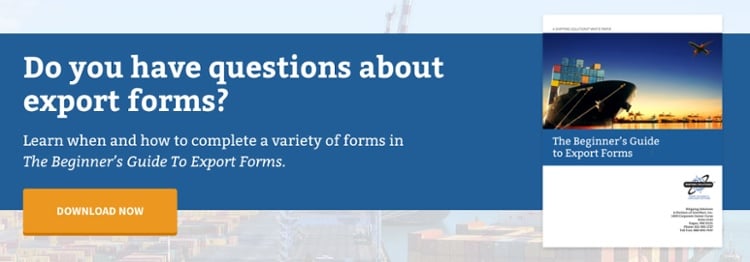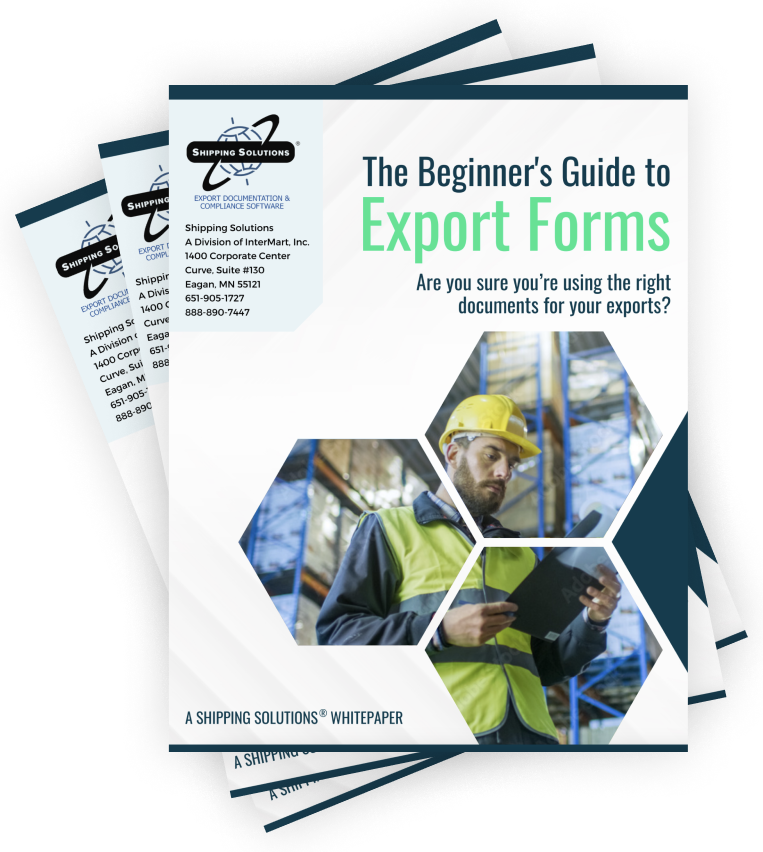The International Trade Blog International Sales & Marketing
A Letter of Credit Helps an Oil Company Recover Millions in Losses
On: November 30, 2015 | By:  Roy Becker |
3 min. read
Roy Becker |
3 min. read

While exporting can be a lucrative and exciting business, it’s also a pursuit with plenty of regulations and twists. So many that even the most experienced exporters can end up bewildered and confused.
Such is the case with the ubiquitous letter of credit (LOC). As I’ve discussed before in other blog posts, LOCs are described in the Uniform Customs and Practice for Documentary Credits. Out of all this fine print, I think the most important detail comes from Article 4a: “A credit by its nature is a separate transaction from the sale or other contract on which it may be based. Banks are in no way concerned with or bound by such contract…”
Here’s how a major U.S. oil company used the letter of credit to recover losses from an investment in oil drilling equipment.
A $7 million Letter of Credit
The oil company in this true story had an operation in Venezuela. Its Venezuelan subsidiary needed to purchase oil drilling equipment and opened a letter of credit for $7 million. A New York bank was asked by the issuing bank to add its confirmation to the letter of credit.
But before the oil company could ship any goods, the government of Venezuela nationalized the U.S. oil company’s operations, which resulted in a loss of millions of dollars. An official from the company’s finance department called the New York bank and asked, “Is our letter of credit still valid?”
The bank replied, “Of course it is. We’ve confirmed it.” The oil company official quickly replied, “I think I’ve just figured out how to recover $7 million of our Venezuelan losses,” hanging up the phone.
A few weeks later the New York bank received documents for $7 million for payment on the letter of credit. The documents complied with the letter of credit and all documents correctly described the merchandise as “oil drilling equipment.” The New York bank notified the U.S. oil company that they credited the money to their account.
Rusty Oil Equipment
Not until then did the U.S. oil company official admit what had happened. He assembled all the broken, bent and rusted equipment they could find, shipped the goods and described them as “oil drilling equipment” on the documents. The bank then paid the company! Since the documents complied with the terms of the letter of credit, the issuing bank correctly honored the payment made by the confirming bank.
Although, I would never endorse a deliberately fraudulent transaction, this lesson illustrates how a letter of credit remains autonomous from any other agreements. A bank does not concern itself if the right goods were shipped, or if any goods at all were shipped. The bank only determines if the documents comply with the terms and conditions of the letter of credit.

About the Author: Roy Becker
Roy Becker was President of Roy Becker Seminars based in Centennial, Colorado. His company specialized in educating companies how to mitigate the financial risk of importing and exporting. Previous to starting the training company, Roy had over 30 years experience working in the international departments of several banks where he assisted many importers and exporters with the intricate banking needs associated with international trade.
Roy served as adjunct faculty in the International MBA programs at the University of Denver and University of Colorado in Denver. He conducted seminars at the World Trade Center Denver and The Center for Financial Training Western States, and was a guest lecturer at several Denver area Universities.
Roy retired in 2021.


